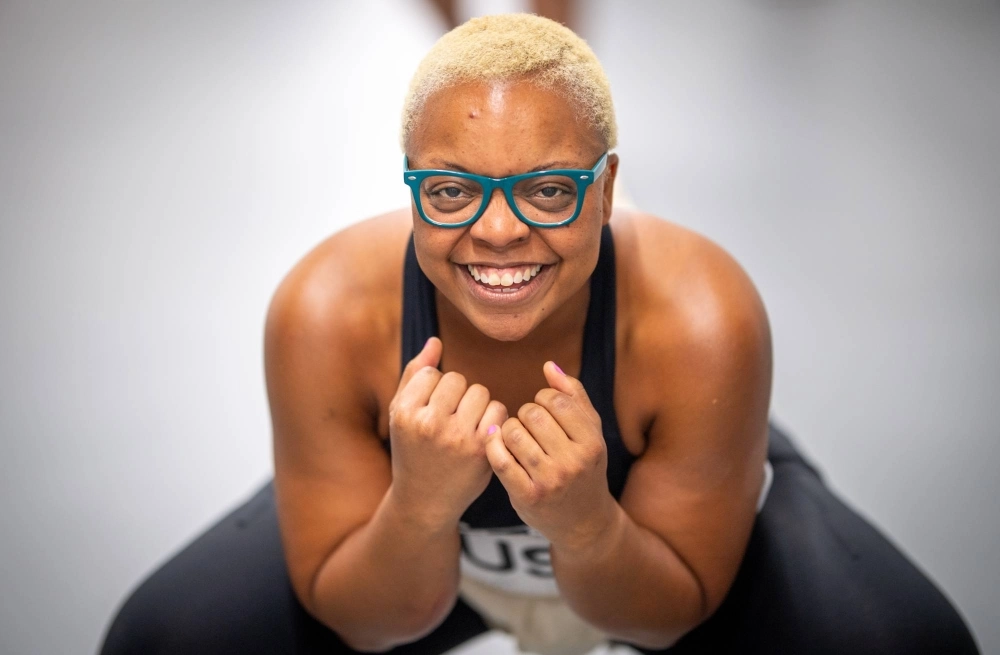As Pride Month gets underway around the world, the United States Sumo Federation (USSF) has become the latest battleground in the ongoing fight for equality and access for LGBTQ people.
At the heart of the fight is growing opposition, led by a new trustee, to a longtime federation official who has not been shy about expressing his homophobic views.
Recent elections have ushered in change at the top of amateur sumo’s governing body in the U.S., and efforts are underway to remove or censure Kelly Gneiting —a USSF trustee who posted on social media about striving for a world that is "definitely queer-free.”


















With your current subscription plan you can comment on stories. However, before writing your first comment, please create a display name in the Profile section of your subscriber account page.